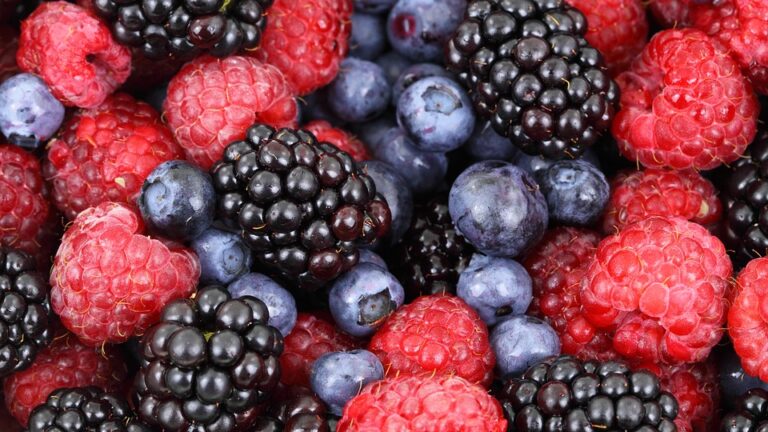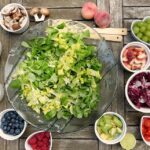1. Organic food isn’t always pesticide-free
You might think that organic food is completely pesticide-free, but that’s not always the case. While organic farmers are required to use only approved pesticides, some of these can still be harmful to the environment and to human health.
2. Organic food doesn’t always mean healthier
Organic food is often associated with being healthier, but this isn’t always the case. Some studies have found that the nutrient content of organic food is no different from conventional food.
3. Organic food is often more expensive
Organic food can be more expensive than conventional food, which can make it difficult for some people to afford. This is partly due to the higher cost of organic farming practices.
4. Organic food can still be processed
Just because a food is labeled “organic” doesn’t mean it’s not processed. Organic processed foods may still contain additives, preservatives, and other chemicals.
5. The organic label can be misleading
The organic label can be misleading, as some products labeled “organic” may only contain a small percentage of organic ingredients.
6. Organic food can still be transported long distances
Organic food may travel long distances to reach your local grocery store, which can have a negative impact on the environment.
7. Organic farming can still harm the environment
While organic farming is often seen as more environmentally friendly than conventional farming, it can still have a negative impact on the environment if not done correctly.
8. Organic food may not be as sustainable as you think
While organic farming practices are often seen as more sustainable than conventional farming, the reality is more complex. Organic farming can still require a lot of resources and energy.
9. Organic food may not be as ethical as you think
Organic farming practices are often seen as more ethical than conventional farming, but the reality is more complicated. Organic farms may still exploit workers and animals.
10. Organic food may not be the solution to food insecurity
While organic farming practices are often seen as a solution to food insecurity, the reality is more complex. Organic food can be more expensive and less accessible to low-income communities.




